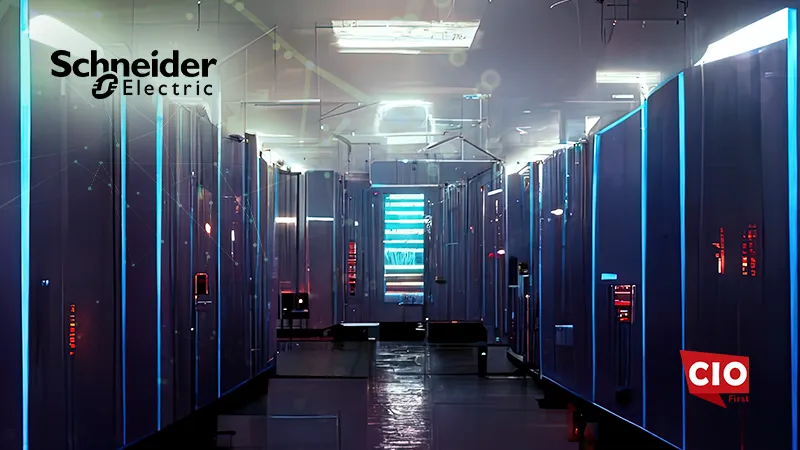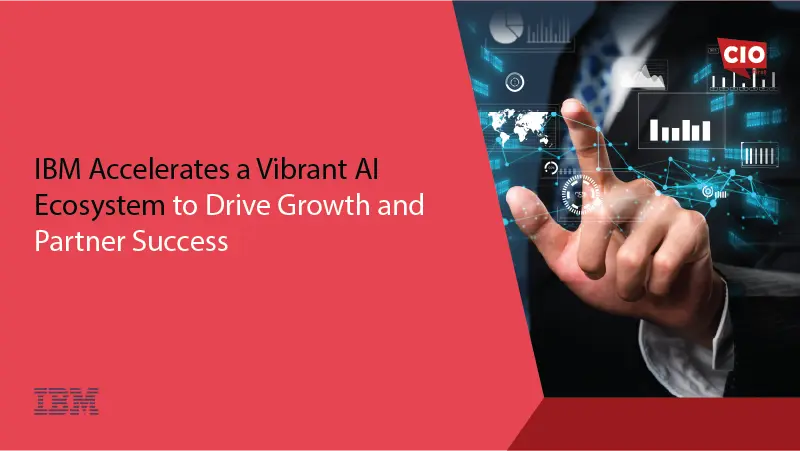Schneider Electric, the leader in the digital transformation of energy management and automation, unveiled its revamped data centre White Space portfolio, where racks and IT equipment sit within a data centre.
This new portfolio includes the second generation of NetShelter SX Enclosures (NetShelter SX Gen2), new NetShelter Aisle Containment, and a future update to the NetShelter Rack PDU Advanced, designed to meet the evolving needs of modern data centres, particularly those handling high-density applications and AI workloads, as well as regulatory requirements like the European Energy Efficiency Directive (EED).
The NetShelter SX Gen2 enclosures are specifically engineered to support the demands of contemporary data centres. These new racks can support up to 25% more weight than previous models, handling approximately 4,000 pounds (1,814 kilograms), which is essential for accommodating the heavier, denser equipment associated with AI and high-performance computing.
Also Read: Virtana Appoints Paul Appleby as New CEO to Lead Next Phase of Profitable Growth
Enhanced perforation in the doors increases airflow, vital for cooling high-density server configurations, and the racks offer more space and better cable management options for larger, more complex server setups. With security of physical equipment remaining an important requirement, the enclosures feature all-steel construction and 3-point-locking systems to improve data centre protection.
The NetShelter SX Gen2 racks reduce their overall climate change impact by around 3.3% per rack and are designed to be highly recyclable, with approximately 97% of the rack being recyclable. These racks are available in standard sizes of 42U, 45U, and 48U along with wide, extra-wide and deep models.
“Our NetShelter SX Gen2 enclosures are a leap forward in addressing the critical requirements of high-density applications,” said Elliott Turek, Director of Category Management, Secure Power Division, Schneider Electric. “With enhanced weight support, airflow management, and physical security, we are enabling our customers to optimise their data centre operations while also advancing sustainability.”
Advanced Cooling and Flexibility with NetShelter Aisle Containment
The latest NetShelter Aisle Containment can achieve up to 20% more cooling capacity. This is crucial for managing the heat generated by AI servers and other high-density applications. The system incorporates an air flow controller that automates fan speed, reducing fan energy consumption by up to 40% compared to traditional passive cooling systems.
The vendor neutral containment systems provide greater flexibility and speed of setup for data centre operators, allowing for easier integration and adaptation to existing builds. The new design also simplifies installation and field modifications, while reducing energy expenses by between 5 and 10%.
“Containment remains paramount in today’s high-density data centres,” said Elliott Turek. “Even in liquid cooled applications, air heat rejection plays a critical role. Our NetShelter Aisle Containment solutions not only enhance cooling capacity but also offer significant energy savings, aligning with our commitment to sustainability.”
Security and Management with NetShelter Rack PDU Advanced and Secure NMC3
The NetShelter Rack PDU Advanced with Secure NMC3 is an updated power distribution unit equipped with advanced security features and enhanced management capabilities. The Secure NMC3 network management card provides robust cybersecurity measures and enables third-party validation for firmware updates for consistent compliance. This support for mass firmware updates significantly reduces the manual effort required to keep the PDUs secure and up-to-date, which is crucial for maintaining security across large deployments.
The PDU is suitable for a range of applications, including those with power requirements up to an including 70kW per rack, making it a versatile solution for various data centre configurations. It includes features that enhance energy efficiency and operational reliability, contributing to the overall sustainability of the data centre.
SOURCE: PRNewsWire



























